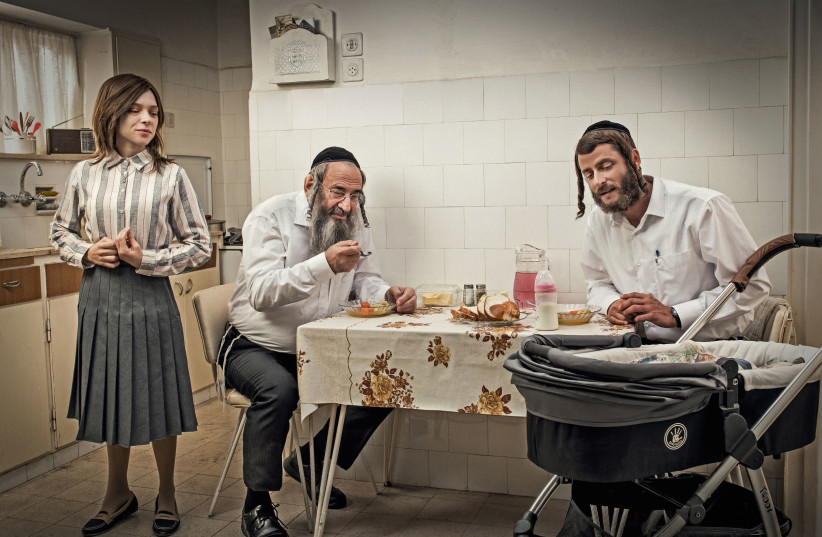Yoram Honig is leaving as director of the Jerusalem Film & Television Fund after 14 years. Honig founded the fund – the first municipal film fund in the country. In its 14 years, it has become a leading force that invests in the development of Israeli and international film and television productions, animation projects, digital content and more.
This fund has changed the Israeli industry irrevocably and for the better. As Honig likes to note, “From 1948 to 2008, there were over 700 movies made in Israel, and only about 30 were filmed in Jerusalem. And of those filmed in Jerusalem, about 90 percent featured stereotyped religious characters. But since we started up, we’ve funded dozens of films set in Jerusalem, and also many television series.” The fund has supported over 80 films and television series.
"Since we started up, we’ve funded dozens of films set in Jerusalem, and also many television series.”
Yoram Honig
Bringing moviemaking to the capital was not just a matter of switching locations. It also gave a voice to communities that had rarely been heard from on the big screen, such as the ultra-Orthodox, and focused on the most diverse and fascinating city in Israel, one that has long held a central place in literature but rarely had been seen on screen.
In addition, he drew Israel’s most celebrated directors to Jerusalem, including Avi Nesher, who made three films there. Significant portions of Joseph Cedar’s Norman, starring Richard Gere, were shot in Jerusalem.

When Natalie Portman wanted to adapt and direct a film version of Amos Oz’s A Tale of Love and Darkness, Honig made sure the conditions were inviting enough for her to film in the capital, rather than shooting in European locations made to look Middle Eastern, as many foreign productions have done. Several television series have also been set in Jerusalem, among them Shtisel and Srugim.
Honig figured out a way to offer cash rebates to those making movies in Jerusalem, years before it was an issue that was seriously discussed on the national level. Realizing the strengths of the city, he made Jerusalem into a center for animated filmmaking, an industry that draws foreign productions with budgets of more than $20 million and provides employment for, among others, talented Bezalel graduates and ultra-Orthodox women. The AniNation Festival, the Jerusalem Animation Festival, celebrates these achievements.
Big plans
HONIG, WHO appeared as an actor in Nadav Lapid’s Ahed’s Knee, has big plans, but not for more acting roles right now. He is working on an ambitious new venture, to be called The Social Space, that will combine artistic projects with therapeutic and other community services, and will renovate and make use of abandoned buildings throughout Jerusalem. Once it is up and running, he plans to move it to other cities.
Eyal Benvenisti, 55, is taking over the position as the head of the Jerusalem Film & Television fund. Benvenisti, a father of four, is his family’s ninth generation in the city. He graduated from the Jerusalem Sam Spiegel School of Film and Television with honors, and his short films have been shown in international festivals.
He won first prize at PROMAX, the International Promo Competition in New York; most recently he was creative director of television at KAN. During his 28-year career, Benvenisti specialized in directing and managing programs and promos, and worked most of his years in public broadcasting.
The Jerusalem Film & Television Fund will host a special program of events in the “Industry Days” section (July 25-26) of the Jerusalem Film Festival, highlighting the Jerusalem film industry, where Honig and many members of the film industry will speak about their work.
